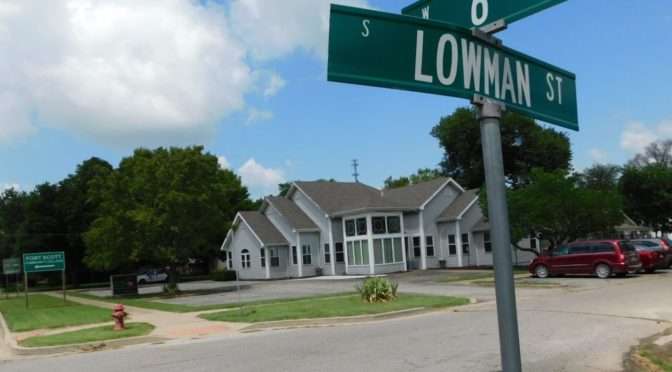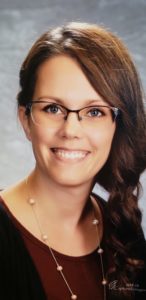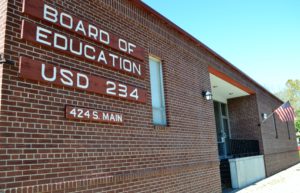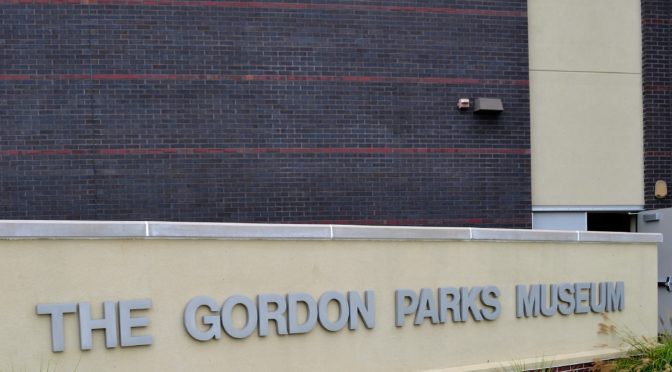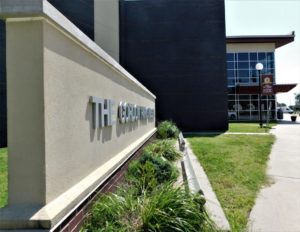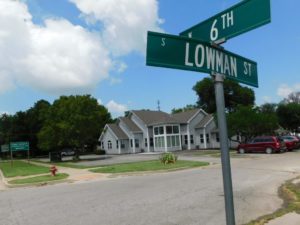Kansas Adopts FDA, CDC Guidelines for Pfizer Vaccine for Children Ages 5-11
TOPEKA – Governor Laura Kelly today announced that Kansas will adopt the Food and Drug Administration (FDA) and Centers for Disease Control’s (CDC) recommendations for administering the Pfizer-BioNTech COVID-19 vaccine to children ages 5-11 under Emergency Use Authorization (EUA), making all Kansans 5 and older eligible for the COVID-19 Pfizer vaccine.
“With this new development, the tools we need to keep kids safe and in school – and finally return to normal – are more accessible than ever,” Governor Kelly said. “We’ve been preparing for this announcement for months – and we stand ready to distribute this vaccine quickly and efficiently to every Kansas community. The vaccine is safe, effective, and free – and I encourage all Kansas parents to get their kids aged 5 and older vaccinated as soon as possible.”
This vaccine dose was designed for children, and underwent additional clinical trials specifically for people ages 5-11 to determine that the vaccine was safe, effective, and appropriately dosed to minimize any possible side effects.
The Pfizer vaccine formulation has already been administered more than 380 million times in the United States since it was first authorized in December 2020 and continues to prove effective while undergoing intensive safety monitoring.
“While we have seen lower rates of COVID infections in children as compared to adults, the Delta variant brought the levels of infections in kids to record highs. This important development will help keep children safe and stop the spread of COVID-19,” Lee Norman, M.D., Secretary of the Kansas Department of Health and Environment said. “These vaccines have been proven to prevent COVID-19 infection, severe illness, hospitalization, and death, and are important to get even if your child has already had COVID. But don’t just take my word for it – talk to your local doctor, get all the facts, and make the best choice to protect your family. Vaccination is the key to beating this pandemic.”
All 5 to 11-year-old children can now receive their Pfizer-BioNTech COVID-19 vaccine from a large network of vaccine providers across Kansas, including doctor’s offices, retail pharmacies, local health departments, and clinics.
In addition, many community partners and schools may also offer the COVID-19 vaccine for Kansas children. Information on locations offering vaccines for children ages 5 to 11 will be available at https://www.vaccines.gov/, and we recommend calling your local provider to confirm availability as well.
Children under the age of 5 are not yet eligible for a COVID-19 vaccine. The CDC and FDA will continue to monitor the safety and efficacy data of vaccines and consider expanding eligibility for vaccines at appropriate doses for children under the age of 5, pending further review. Additionally, the FDA and CDC have not yet provided approval or guidance on Moderna’s vaccine for children aged 5-11. Please refer back to KDHE’s website for up-to-date information as guidance on vaccines for children continues to evolve at https://www.kdheks.gov/.

